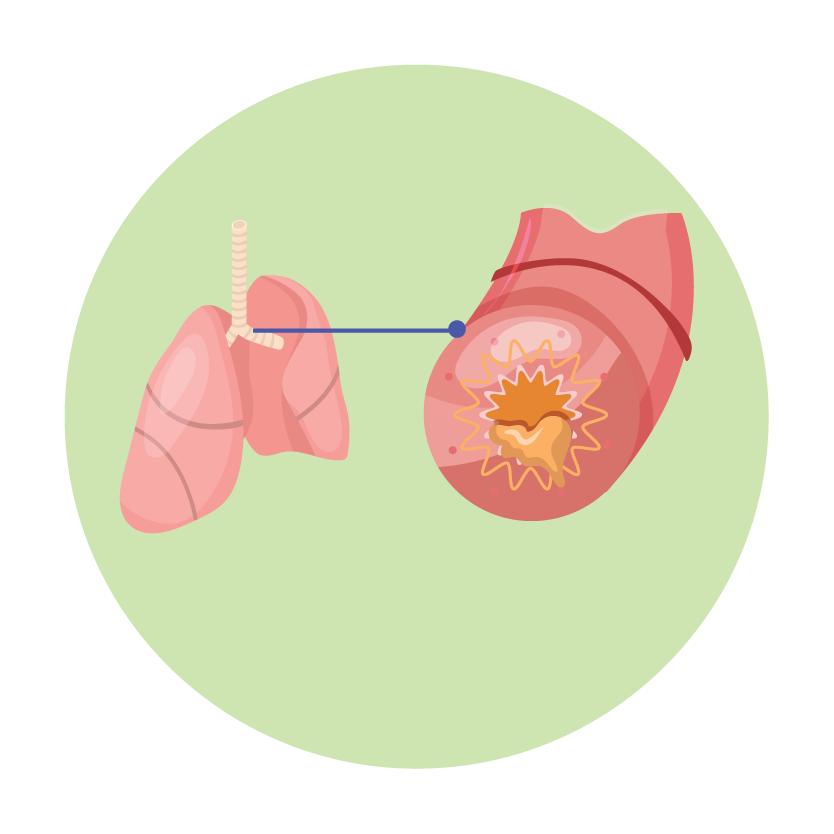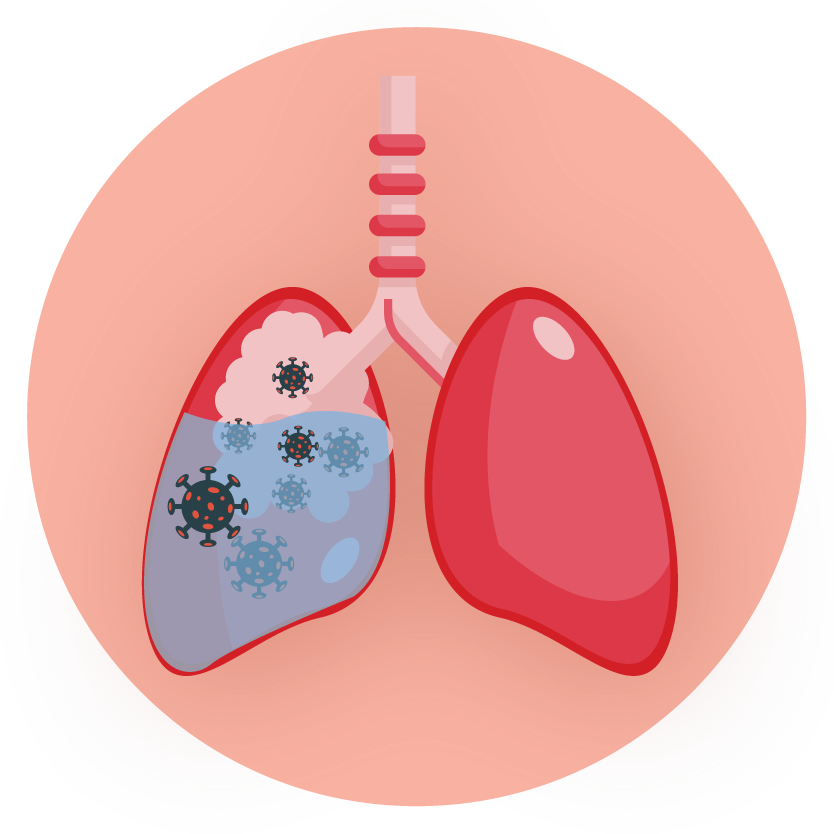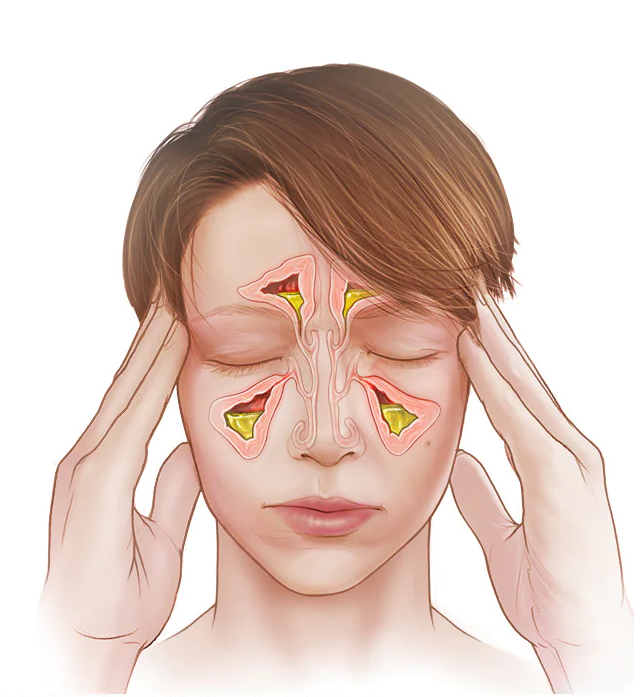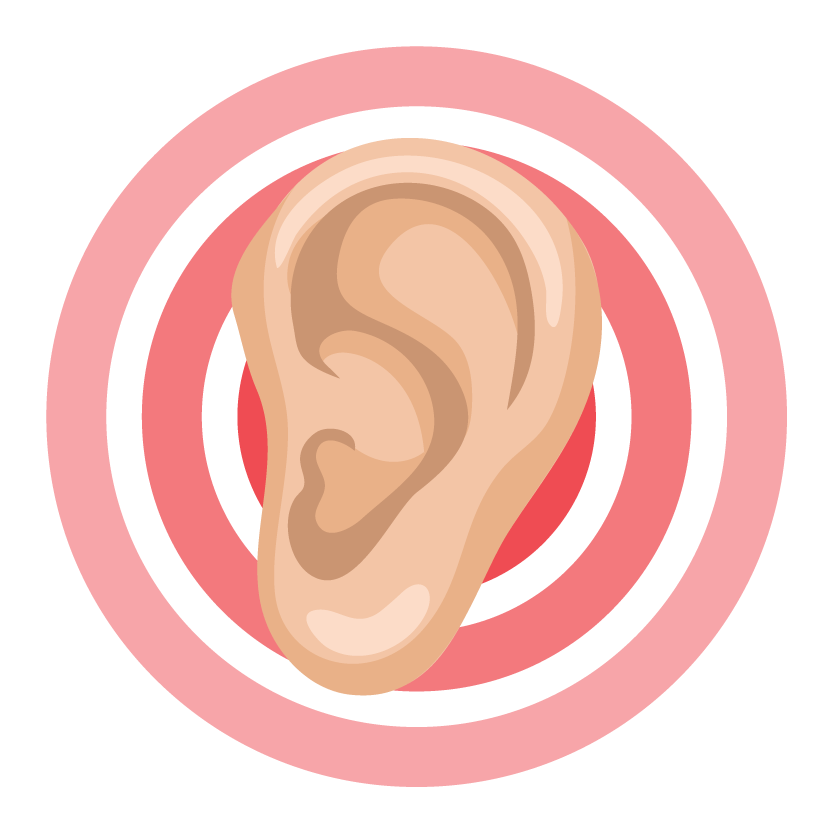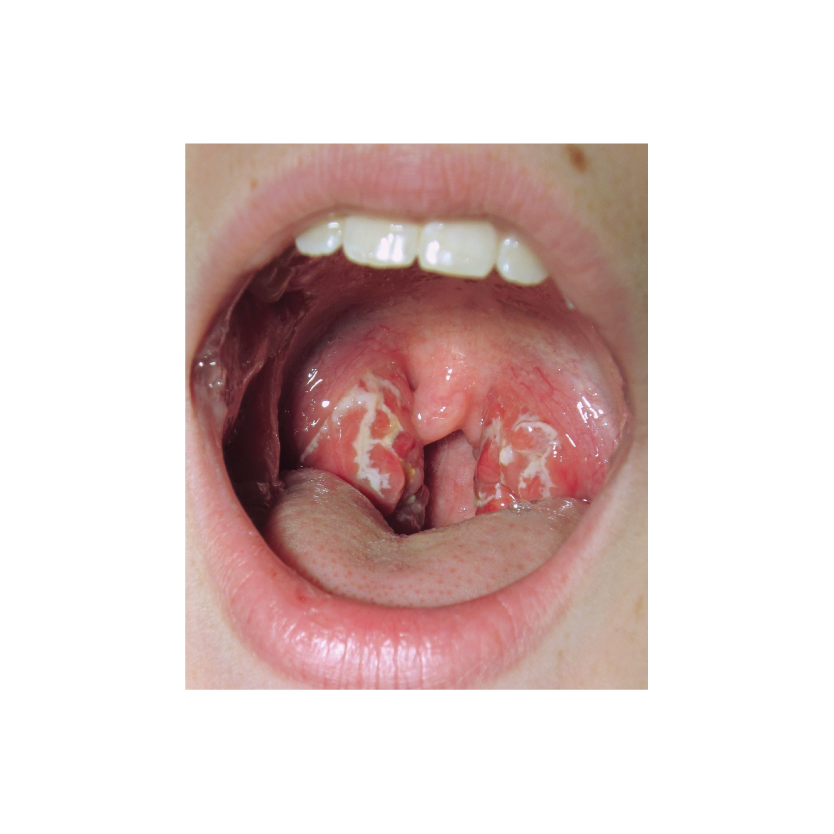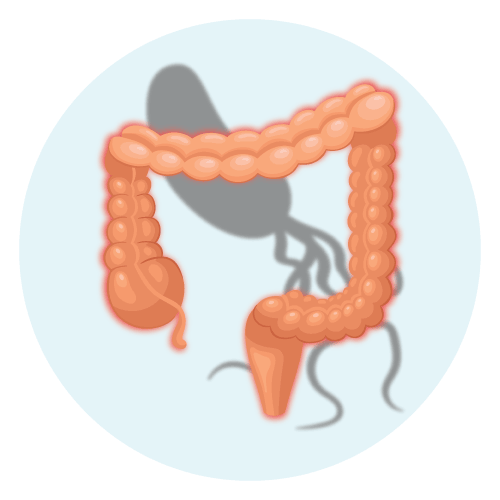| Name | Cefprozil |
| Classes |
Antiinfective Agent Antibiotic Cephalosporine |
| Diseases |
Bronchitis Gonorrhea Infectious Disease Otitis Pneumonia Sinusitis Skin Infection Tonsillitis Urethritis |
Cefprozil
Cefprozil is a 2nd generation cephalosporin that kills bacteria by inhibiting cell wall synthesis. It is a broad-spectrum antibiotic, effective in Gram-positive and Gram-negative bacterial infections.
Cefprozil is indicated for the following infections-
- Respiratory tract infections, including pneumonia, bronchitis, exacerbations of chronic bronchitis, pharyngitis and tonsillitis, and as part of the management of sinusitis
- Otitis media
- Skin and soft tissue infections
- Urinary tract infections, including pyelonephritis and cystitis
- Acute and chronic urinary tract infections.
- Cefprozil is available as tablets, capsules, and suspension.
- Adults: For respiratory tract and skin infections, the dose can vary between 250-500mg once or twice a day.
- Children (2-12 years):
| Pharyngitis/Tonsillitis | 7.5 mg/kg/12h for 10 days |
| Uncomplicated Skin and Skin Structure Infections | 20 mg/kg/24h for 10 days |
- Dosage adjustment is required for renally impaired patients.
How to reconstitute powder for suspension:
The commonly associated adverse effects associated with cefprozil is as follows-
- Nausea
- Vomiting
- Rash
- Abdominal pain
- Pseudomembranous colitis
- Rash
- Dizziness
- Prior to and throughout therapy, in patients with known or suspected renal impairment, close clinical observation and appropriate laboratory investigations should be performed.
- Cefprozil use for a long time can cause non-susceptible organisms to overgrow.
- Cefprozil should be used with caution in people who have had gastrointestinal problems, especially colitis.
Contraindication
Cefprozil is contraindicated in patients hypersensitive to any beta lactam antibiotics such as-
 Bangla
Bangla English
English